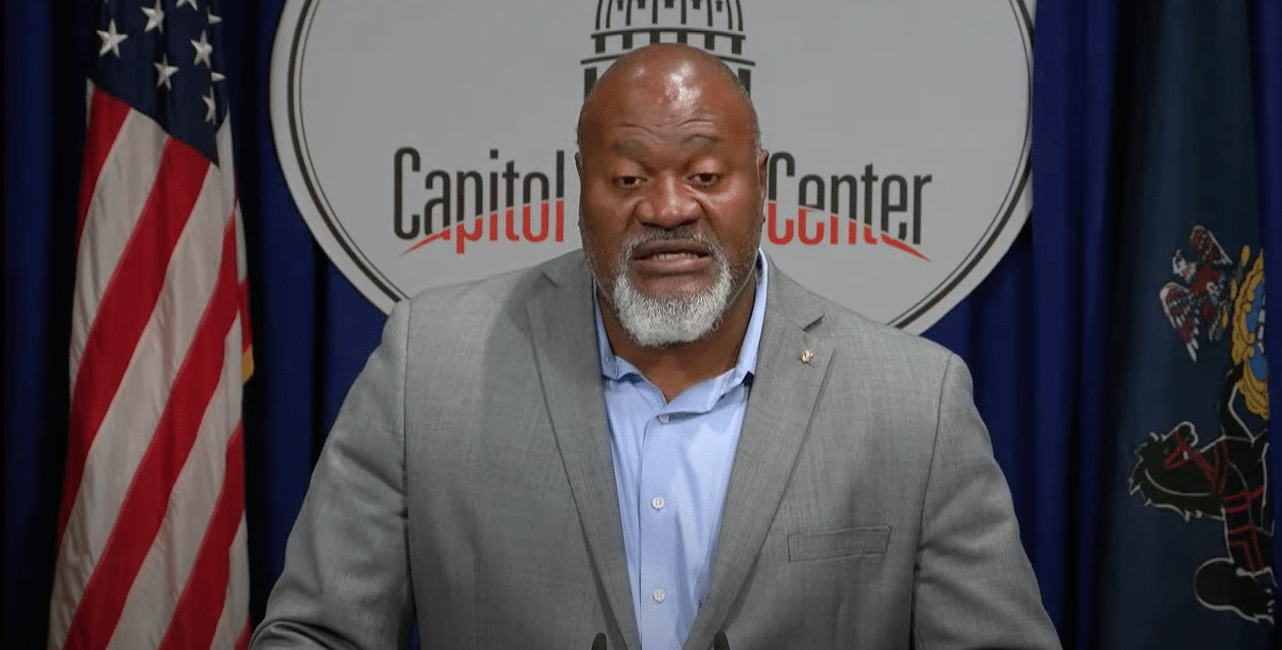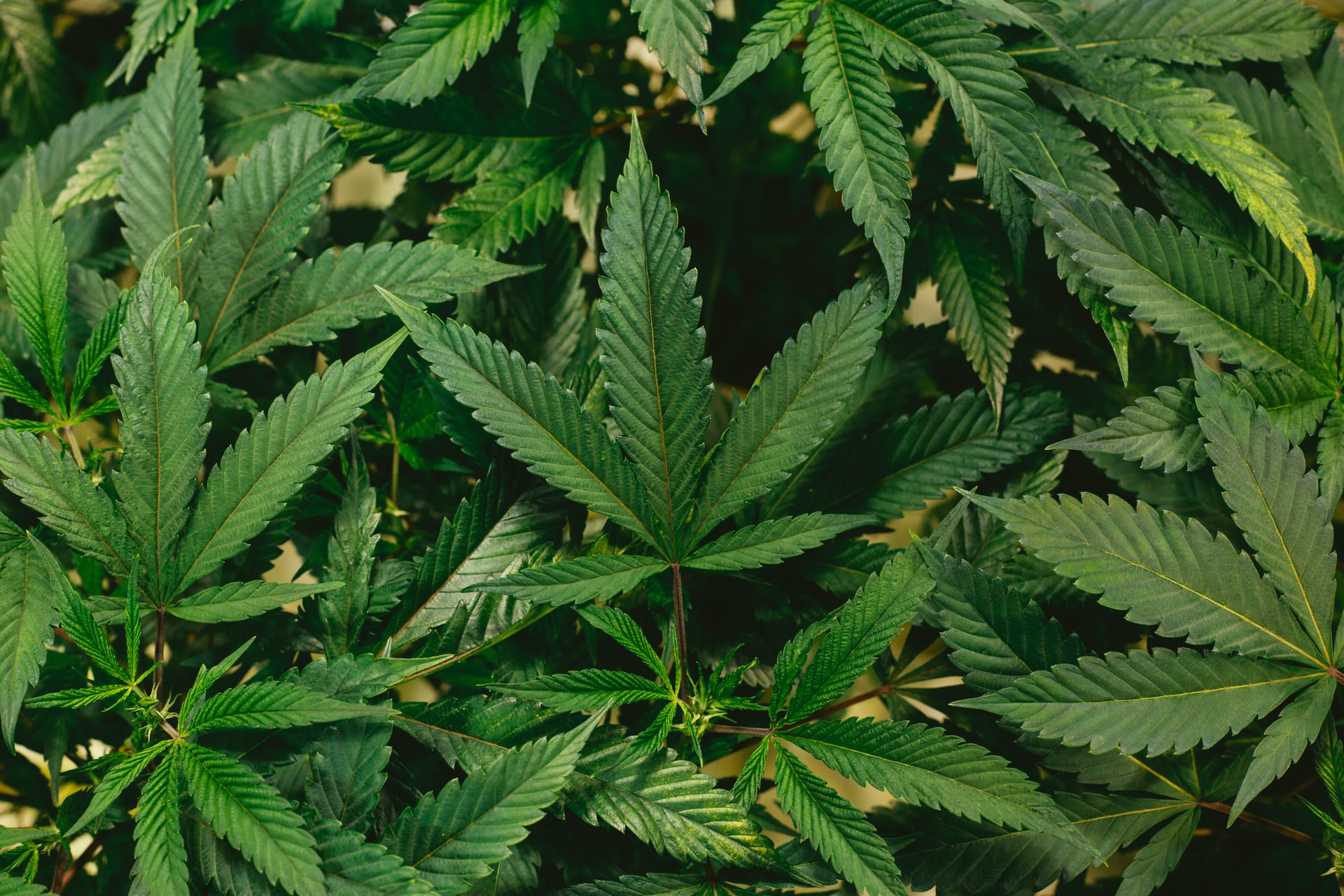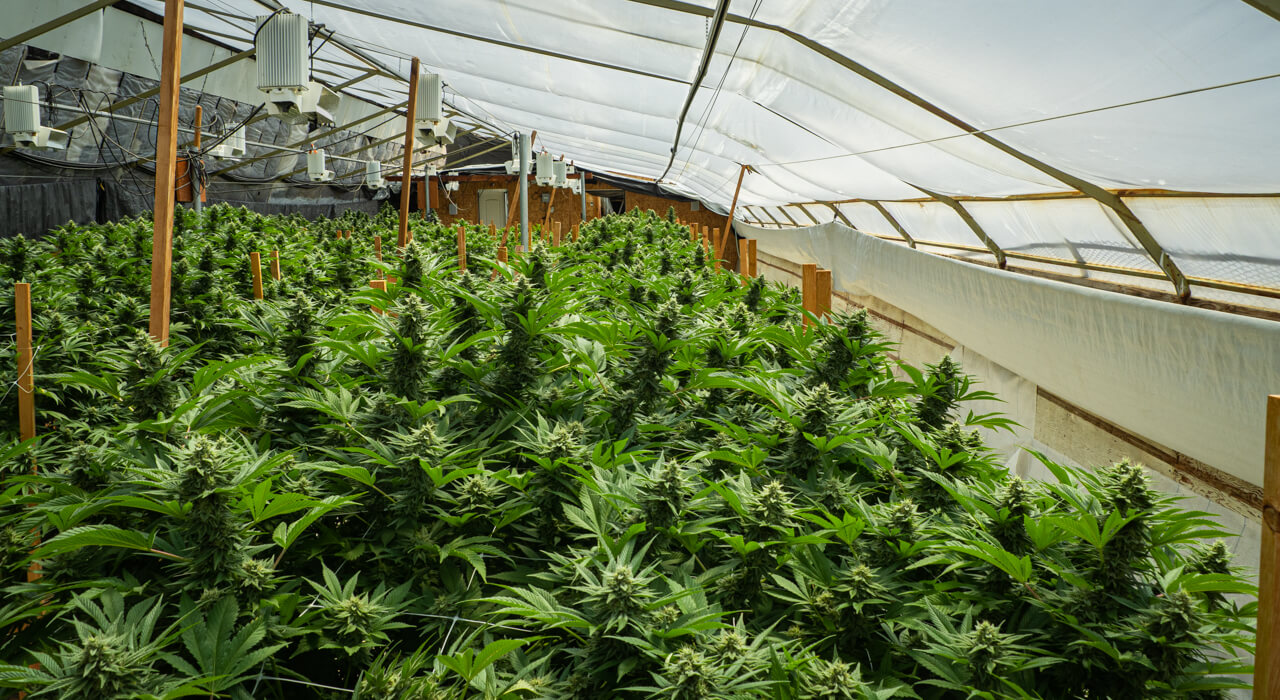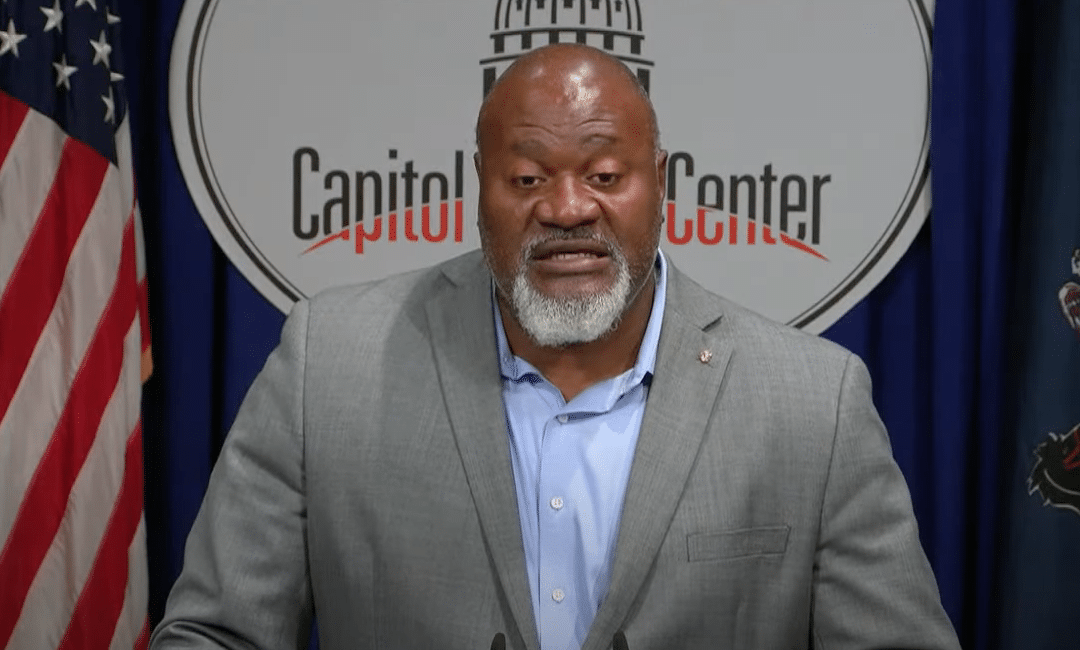
by Travis C | Sep 29, 2021 | 420 News, Blog, Cannabis Business, Cannabis Law, Cannabis Law and Compliance, Legalization, Politics
Rep. Jake Wheatley (D) has introduced a new bill that would legalize Pennsylvania cannabis for adult use. Previous bills have been shot down by the state legislature, but HB 2050 has some revisions that Wheatley is hopeful will help it get through to the Governor’s desk.
Governor Tom Wolf has expressed numerous times his support for broader Pennsylvania cannabis legalization, however the Republican led state legislature has rejected every attempt so far.
Pennsylvania House Bill 2050
House Bill 2050 creates a dynamic permitting structure for growers, processors and dispensaries, allowing any size company to enter the legal cannabis market. This includes lowering initial application and permit fees to alleviate financial barriers. Renewal fees will be based on gross revenue; the higher a company’s gross revenue the higher their renewal fee, which is the fairest way to do it.
Among other things, my bill provides for the Commonwealth Reinvestment Fund (CRF). Specifically, the CRF will fund the following initiatives;
- Minority and Women Grant Program to help disadvantaged populations benefit from this new industry,
- Student Loan Reimbursement Program,
- Mixed Income Housing Program,
- After-School Programs,
- And a public information campaign to educate the public on adult-use cannabis
Under this legislation, a wholesale tax of 10% will be levied on business to business transactions. Growers and processors who partner with an existing Pennsylvania Farm will not be required to pay the wholesale tax. Consumers will see an excise tax (in addition to sales tax) that will start at 6% for the first two years, 12% for years three and four, and then 19% for each year after.
Wheatley’s reasoning for pushing HB 2050 is similar to that of legislators in other states that have moved forward with cannabis legalization. The war on drugs has negatively impacted minority communities that most, and Pennsylvania cannabis legalization would give priority to those most disproportionally affected.
The bill also includes a “clean slate” provision that would help those charged with crimes under the Controlled Substances Act related to cannabis lessen or even wipe prior convictions. In a press conference Tuesday, legislators also used the example of 2019’s vape epidemic — a controversy that impacted over 2,000 consumers — as a reason for legalizing, stating that keeping cannabis illegal only helps the illicit market thrive.
The Pennsylvania state legislature has yet to hold a vote on HB 2050. If passed, Pennsylvania would join 16 other states that have legalized adult-use recreational cannabis.

by Travis C | Sep 28, 2021 | Blog, Business, Cannabis Business, Cannabis Law, Cannabis Law and Compliance, Cannabis News, Industry News, Legalization, Politics

Nearly a year after passing a constitutional amendment to legalize cannabis, New Jersey has yet to open a single retail cannabis store. While the industry has yet to take off, that isn’t stopping regulators from preemptively banning one of the most popular cannabis products.
When it comes to the cannabis products that consumers want, flower remains king. Vaporizer pens and concentrates for dabbing have been slowly catching up with flower as consumers seek a quicker way to get the desired effects of cannabis without burning the plant itself.
However, cannabis edibles have also been gaining popularity. Avoiding the need for any sort of inhalation at all, edibles are great for consumers who don’t want to vape or smoke, but still want the effects of cannabis.
Cannabis beverages have seen the greatest growth since the beginning of 2020, when cannabis sales skyrocketed across the country due to the COVID-19 pandemic. Cannabis capsule products have also grown noticeably in popularity, showing that consumers are seeking a way to consume cannabis without, well, consuming traditional cannabis.
With such growth in the edible cannabis market, it would seem obvious to any potential industry that is about to open that edibles will be a high-demand product. Higher demand means higher profits, which is what any state is seeking when legalizing cannabis.
Unless you’re New Jersey.
Ban on almost all cannabis edibles
Despite having no functional legal cannabis industry to base their decision, regulators in charge of New Jersey’s recreational cannabis have decided to ban all forms of edible cannabis products except for lozenges. This means traditional products consumers would likely be familiar with — cookies, brownies, gummies, beverages — are all prohibited.
The reasoning behind the ban is the same used by many states when they first legalize; the children. Concern over edible products that might appeal to children is a consistent issue in the legal cannabis industry.
While other states passed new regulations requiring child-proof packaging and prohibiting edibles from being designed in a manner that would be appealing to kids (i.e. gummy bears, star-shaped cookies, etc.), New Jersey has decided to take a much more restrictive approach.
According to the new set of regulations passed by New Jersey cannabis regulators, “ingestible forms of cannabis… shall only include syrups, pills, tablets, capsules, and chewable forms.”
A growing and thriving grey market
Just because regulators are dragging their feet in getting a functional legal cannabis industry up and running doesn’t mean that the people aren’t already taking advantage of the new law. Seemingly taking a tip from the Washington D.C. playbook, New Jersey has begun to develop a thriving grey market industry.
While there is nowhere to legally buy or sell cannabis directly, there’s a workaround. Similar to how D.C.’s grey market operates, New Jersey currently has a gift/donation system in place to skirt the current regulations.
In this grey market, a consumer may find a delivery service online. One the website one might see several different cannabis products, or “packages” as they might be called. However that isn’t technically what the consumer is buying.
Instead, the cannabis product is simply a “gift” that is included with the purchase of another item on the website. This might be a sweatshirt, a t-shirt, or even something as small as a sticker. The price of the sticker may be around $40, which conveniently is the same price as an eighth of cannabis.
Within a couple hours, a delivery driver will be at the door with the sticker and the included gift, and bam you just “bought” legal cannabis in New Jersey. But just like D.C.’s grey market, the grey market in New Jersey is completely unregulated.
Although a legal cannabis company has to follow strict regulations on manufacturing and packaging, an unregulated market like that which is blooming in New Jersey has no such restrictions. So while regulators may think they are making progress by banning various forms of edible cannabis products, these new rules will be all but ignored by those operating in the grey market already.
In other words, the new regulations can’t possibly have any sort of impact until there is an actual legal industry to enforce them. As regulators take their time getting the legal cannabis industry up and operational in New Jersey, the grey market will continue to thrive only making it more complicated to get legitimate businesses licensed and running.
If you are interested in learning more about the New Jersey cannabis industry, need assistance with licensing, planning and implementation of your business plan, Greener Consulting Group can help you stay on top of the latest regulatory changes, fees and best practices for getting ahead of the competition when the industry takes off.
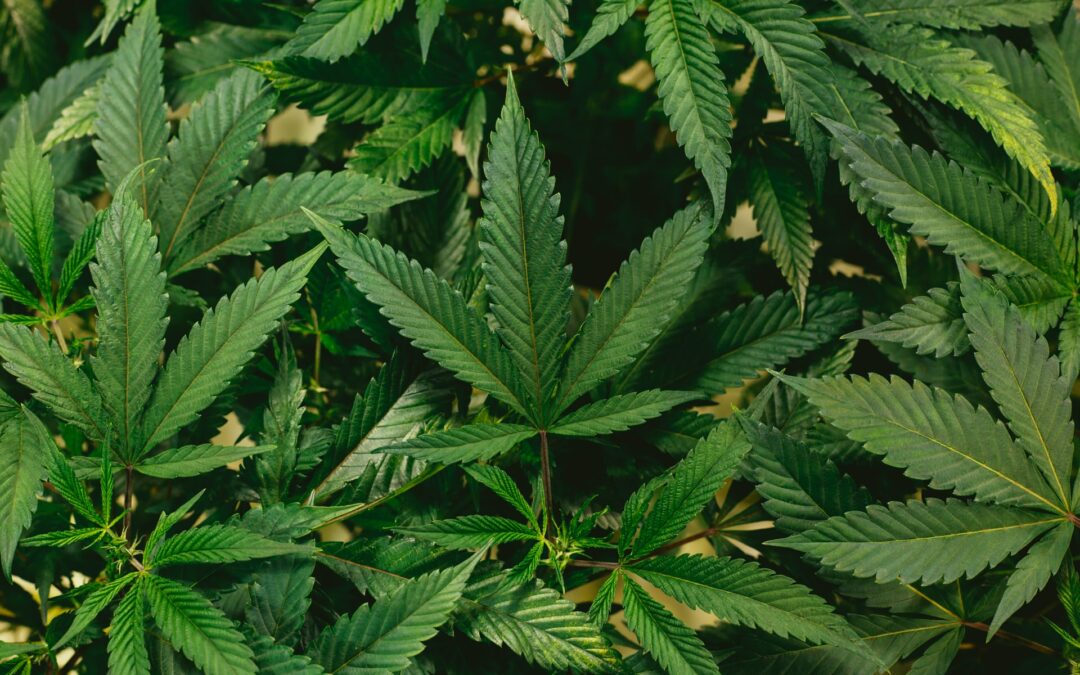
by The Real Dirt | Sep 17, 2021 | Blog, Business, Cannabis Business, Cannabis Law, Cannabis Law and Compliance, Cannabis News, Industry News, Legalization, Medical Marijuana
New Jersey’s cannabis regulators on Tuesday moved to streamline the licensing of new weed businesses and approved another marijuana grow site — but it did not announce the recipients of some two dozen businesses that have sat in limbo for nearly two years.
The state’s Cannabis Regulatory Commission met on Tuesday evening to approve the transfer of an existing medical marijuana license, a new marijuana grow site and a system to help it process applications for new cannabis businesses.
All signal the state is gearing up for legal cannabis sales.
The commission unveiled its initial rules to guide the legal weed industry last month. That set the clock ticking down to launch sales to those 21 and older — according to the law, they must start within six months of the commission adopting its regulations.
But the commission gave no word on the 2019 request for applications to operate new medical marijuana facilities. Some 150 entities saw a review of applications paused in late 2019 due to a lawsuit. But a court ruled earlier this year that the commission could resume its evaluation and award those 24 licenses.
So far, the commission has not issued any of the new licenses. Jeff Brown, the commission’s executive director, has said licenses will come soon, but regulators have not given a date by when they will announce the new licenses.
“It is not lost on us that everyone is eager to get that moving forward, as are we,” Dianna Houenou, the commission’s chair, said during the meeting. She said the commission was working quickly to score them, but emphasized the need to “double” and “triple” check each.
Still, frustration dominated the meeting.

by The Real Dirt | Sep 9, 2021 | 420 News, Blog, Cannabis Business, Cannabis Law, Cannabis Law and Compliance, Cannabis News, Industry News, Legalization, Politics
The newly merged California Department of Cannabis Control (DCC) on Wednesday released a 197-page draft of cannabis industry regulations, including allowing broader sales of branded merchandise and sharing product samples among those in the supply chain.
The release of the new draft regulations kicks off a new public comment period before the rules are expected to be formally adopted around the end of September.
The DCC is a brand-new state agency in California, created in July from the original framework of three separate bureaucracies that oversaw legal marijuana businesses in the state. Combining the regulations from the three former regulators was one of the new agency’s first tasks.
The new rules are expected to be finalized and adopted around the end of the month.
Among the highlights in the changing rules:
-
New parameters for how industry trade-sample sharing can work, allowing manufacturers, growers and distributors to share product samples free of charge with others in the legal supply chain.
-
New and more narrowly tailored definitions for marijuana company owners and those who own a financial stake in a business.
-
Allowances for non-vertically integrated cannabis companies to sell branded merchandise from other licensed businesses.
Contact Greener Consulting Group for assistance with adjusting to the new agency and regulatory changes.
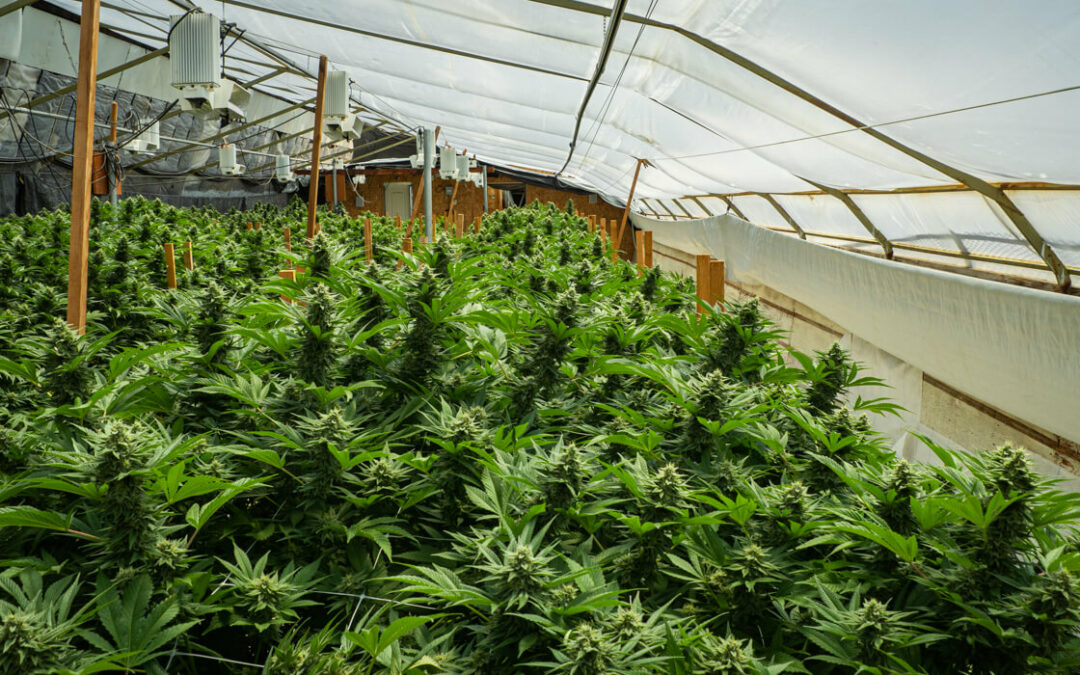
by The Real Dirt | Aug 17, 2021 | 420 Culture & Travel, 420 News, Blog, Business, Cannabis Business, Cannabis News, Growing, Industry News, Legalization, Politics
Many Humboldt County growers are struggling this season as the price of cannabis falls in California.
Humboldt County announced more than $2 million in grant funding available through Project Trellis, the county’s cannabis micro-grant, marketing and local equity program, to help the local cannabis community enter into the commercial cannabis marketplace. Those eligible can apply for up to $10,000 “per service” in accordance with Humboldt County’s eligibility requirements for Project Trellis.
“All applications and supporting documents will be reviewed by Economic Development staff to ensure the applicant meets eligibility criteria. Some projects may receive a lower amount than what was requested, based on the availability of funds or needs of service,” a news release from the county stated.
“A typical approval process can take 60 or more days from when the application is received. Upon approval, the applicant will receive a notice of award, contract, fund request form and a W9 form.”
Project Trellis was built as a three-tier program to redirect cannabis tax revenue back into the local economy. In September 2019, the county sought proposals for cannabis branding and marketing.
The goal of the program is to “implement the recommendations set forth in the Humboldt County Cannabis Equity Assessment” and “to further equity among those impacted by the criminalization of cannabis, by providing services to individuals in Humboldt County’s cannabis community, particularly small growers who were adversely affected by the criminalization of cannabis.”
While $2 million may seem like a big chunk of change, Humboldt County Growers Alliance executive director Natalynne DeLapp said the county’s “independent cannabis farmers are in crisis.”
“It is great that the county developed Project Trellis…and (has) secured nearly $5 million in funding from the state to support communities most impacted by the War on Drugs in entering the regulated cannabis market, but now it is time to get serious,” she said. “…Perhaps 200 of Humboldt County’s 900-plus cultivation operators, who can prove the War on Drugs has negatively impacted them, could receive up to $10,000 in fee waivers for professional services like fee waivers, technical assistance or installing solar or water storage systems.”

